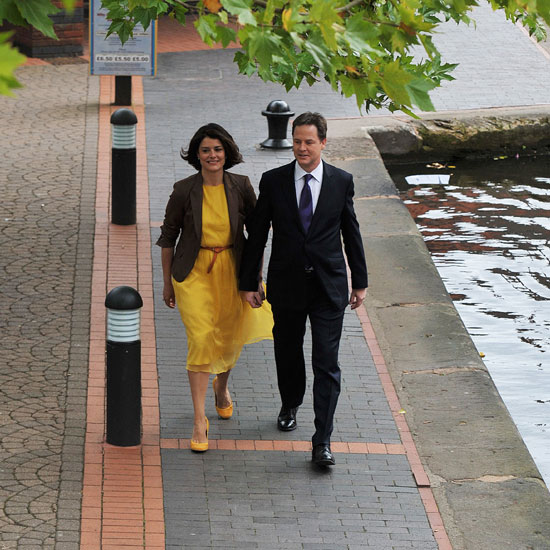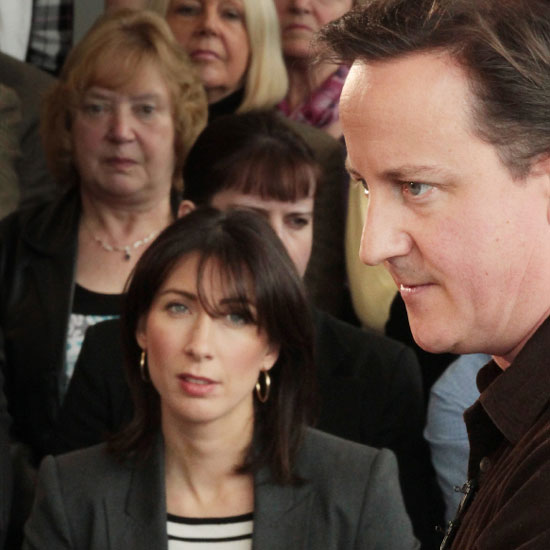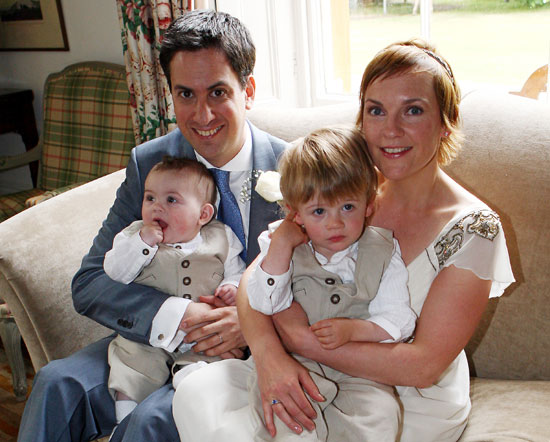Liberal Democrats are hopelessly romantic - along with lawyers, Christians, and women who don't read books.
Both Tory and Labour voters are about as unromantic as you can get, beaten only by atheists and scientists. Married men looking to cheat on their wives are marginally more romantic than the beleaguered supporters of our two main political parties.
So says our latest survey, which looked our users' attitudes to Valentine's Day - 6,878 of them in all.
We asked them to rate how important they thought the most romantic day of the year was, and combined their answer with anonymised data from their dating profiles.
Our statistician crunched the numbers, and pulled out any links between the kind of information you find in a typical dating profile, and whether or not those people were enthusiastic fans of Valentine's Day.



Other key findings include:
The chart below plots these characteristics and more. The percentage score is the percentage of people with that profile attribute who indicated a positive attitude towards Valentine's Day, adjusted for any distortion caused by interactions between more than one attribute.
Note that effect is cumulative, so where attributes are combined, the effect is magnified. For example, a Labour-voting agnostic scientist would be especially adverse to Valentine's day.

Media/Bloggers: Click here for press releases and resources relating to this story.
Find out how to start dating again after 50 with our helpful guide.
Is online dating safe for over 50s? Learn more about staying safe online.
View our online dating profile picture tips for over 50s, right here.
Free Dating is 100% completely free.
You have used all your new messages for today.
But you can get free unlimited new messages just by watching an ad.
If you don't want to watch an ad, you can still reply to messages you have received.